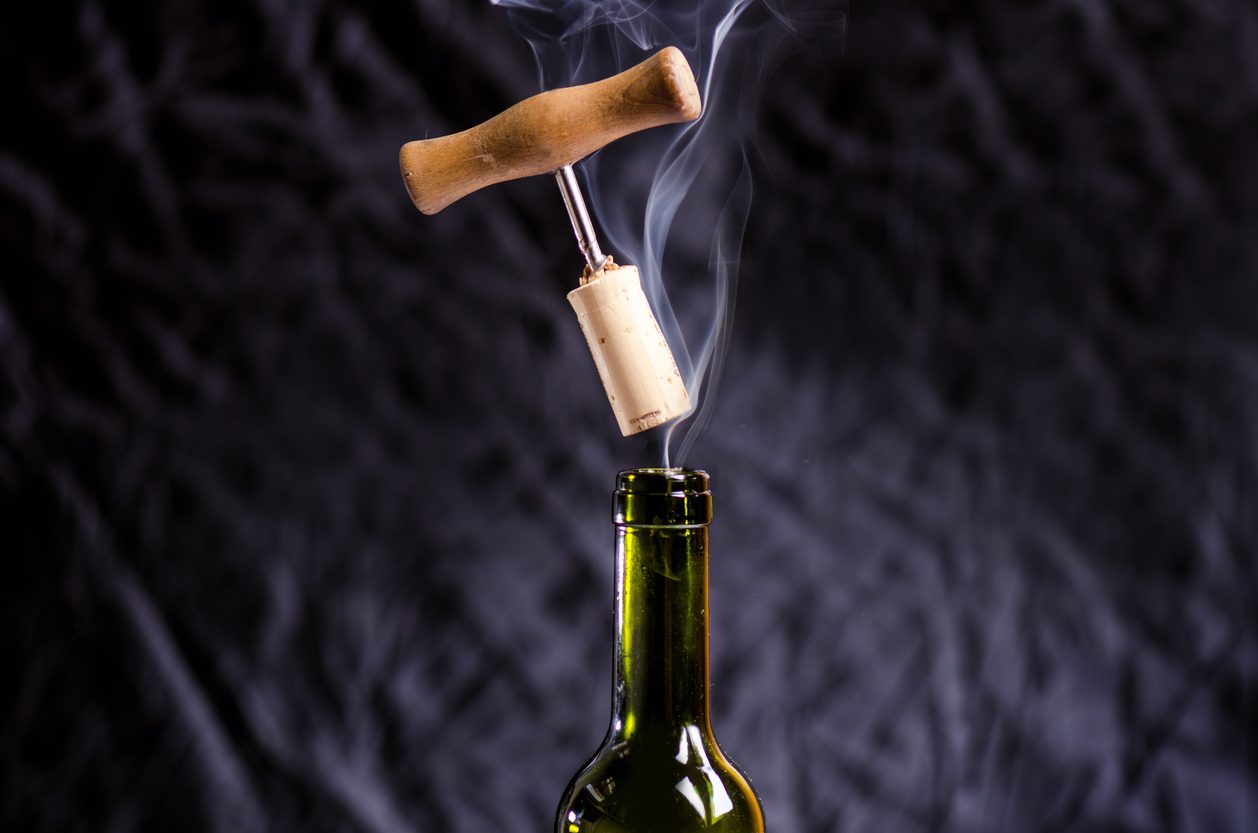Vineyard Losses From Wildfires — A Smoky Wine Is Very Different Than Smoke Damaged Wine

The California wildfires have caused damage to many vineyards. We have been involved in a number of coverage and disputed value cases arising from these unfortunate incidents. Smoke can cause damage to a vineyard’s facilities and its crop and wine products. Finished wines can have a perceptible “smoke taint,” which makes wine unmarketable except for salvage value.
A recent “smoke taint” case Summary Judgment Order discussed two routine coverage issues which arise in these cases.1 One exclusion that insurers often raise with “smoke tainted” wine cases involves “spoliation.” The other issue involves property not covered and the “growing crops” provision.
The spoliation exclusion within the policy contained the following exclusionary language:
…loss, damage or expense caused by or resulting from…shrinkage, evaporation, leakage of contents, change in flavor or texture or finish, decay or other spoilage.
The court noted the insurer’s argument as follows:
National Surety contends it is undisputed that the wildfire smoke caused undesirable tastes and aromas in Kunde’s wines. It further argues there is no evidence that smoke taint is not a ‘change in flavor.’ Thus, National Surety asserts that the exclusion for ‘change in flavor’ in the spoilage exclusion, read literally, excludes coverage for the smoke taint to Kunde’s wines. Even though fire is a covered cause of loss, National Surety argues that the ‘change in flavor’ exclusion clearly and explicitly excludes coverage for the smoke taint damage to Kunde’s wines.
The vineyard argued the following:
Kunde argues that damage from the wildfire is not properly characterized as a ‘spoilage’ loss. Kunde uses the doctrine of noscitur a sociis to argue that when read in context the term ‘change in flavor’ applies to ‘normal variances in winemaking,’ not wildfire damage. ..The principle of noscitur a sociis—a word is known by the company it keeps—operates to ‘avoid ascribing to one word a meaning so broad that it is inconsistent with its accompanying words….’ Yates v. United States, 574 U.S. 528, 543 (2015)…
The court ruled that the “change of flavor” phrase is ambiguous:
The terms surrounding ‘change in flavor,’ such as shrinkage, evaporation, or leakage, suggest losses that happen in the normal course of making wine. Similarly, surrounding terms such as decay and evaporation seem to be directed toward age-related deterioration. Thus, the ‘change in flavor’ exclusion could reasonably be interpreted to address normal variances in the winemaking process and spoilage that occurs with the passage of time; it does not conspicuously apply to spoilage that occurs as the result of an extreme chance event such as a wildfire.
Other provisions in the Policy suggest that the spoilage exclusion can reasonably be read as limited to natural variances in the winemaking process. For example, Kunde argues that the definition of ‘foreign substances’ in the Perishable Stock Coverage Form, which expressly includes ‘wine products not meant to be part of the wine recipe or blend’ provides further support for limiting the spoilage exclusion to normal variances in the winemaking process… the Perishable Stock Coverage Form supports Kunde’s assertion that, reasonably interpreted, the ‘change in flavor’ exclusion would likely apply only to normal variances in winemaking.
The Court concludes that the ‘change in flavor’ exclusion is ambiguous, and Kunde’s interpretation of the provision as limited to normal variances in winemaking is reasonable. Because the Court cannot say that the exclusion plainly and clearly excludes smoke taint damage from wildfires, it must resolve the ambiguity in favor of coverage.
Turning to the “growing crops” coverage issue, the court recited the policy language under the “Property Not Insured” provision, which excludes:
Land, water, growing plants and crops outside of buildings, standing timber or outdoor trees, shrubs, lawns.
The court noted that for the exclusion to apply, “National Surety must show that the damage to the Fire Lot wines occurred while the grapes were on the vine rather than after harvest.” The court noted that the insurer had circumstantial evidence based on expert testimony which, if believed by the jury, could demonstrate that smoke taint damage occurred while the grapes were on the vine. However, it would not grant summary judgment to the insurer because the vineyard had competing evidence:
While National Surety’s proffered evidence is enough to preclude Kunde from obtaining summary judgment on this issue, it is not enough to permit the Court to grant summary judgment in National Surety’s favor. Kunde has presented evidence that some grapes tested by ETS had insignificant levels of smoke taint before harvest. Kunde also presents evidence in the form of a declaration from its chief winemaker rebutting National Surety’s assertion that the smoke had dissipated by the time the Fire Lot wines were in production. It is clear from the record that there is scientific uncertainty regarding how and when smoke taint occurs, which further underscores the unresolved factual issues and impropriety of summary judgment on this issue. The Court finds that there is a material issue of fact regarding whether smoke taint to the Fire Lot wines occurred on the vine or after harvest, and thus, a dispute remains regarding the applicability of the growing crops exclusion.
Winemaking is serious and big business in California. These coverage issues have been more frequent since wildfire occurrences have increased and California’s wine industry has geographically expanded.
If you want to taste non-damaged wine with a “smoky” savory character, I suggest you go to Bern’s Steakhouse in Tampa, Florida. As noted by Business Insider, Bern’s Steakhouse has the world’s largest wine cellar for a restaurant.2
Thought For The Day
Wine is constant proof that God loves us and loves to see us happy.
—Benjamin Franklin
_____________________________________
1 Kunde Enterprises v. National Surety Corp., No. 4:19-cv-06636 (N.D. Cal. June 21, 2022).
2 Hunter Walker. This Is What It’s Like Inside The ‘World’s Largest Wine Cellar’ Business Insider (Mar. 26, 2014).



